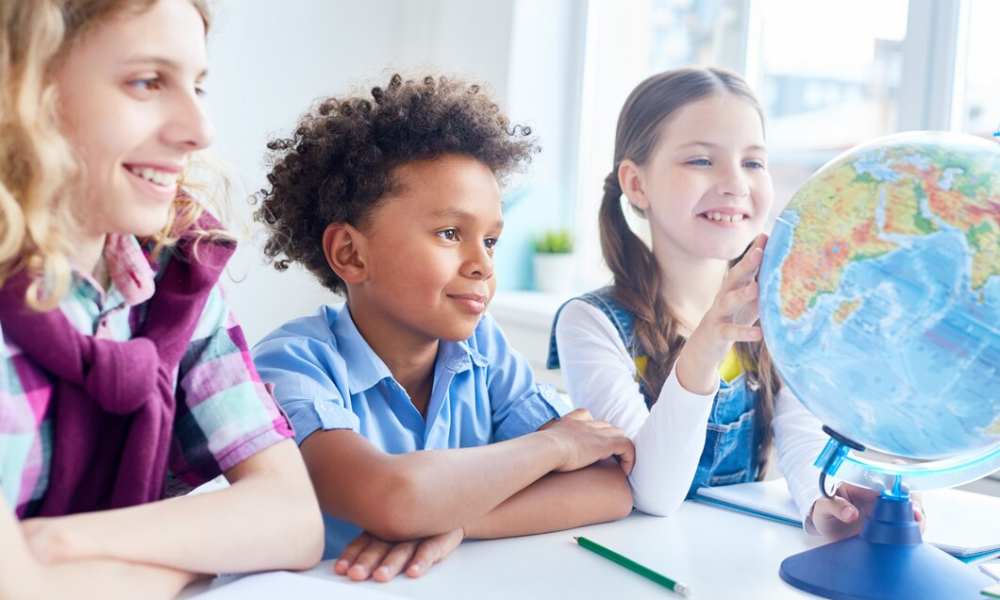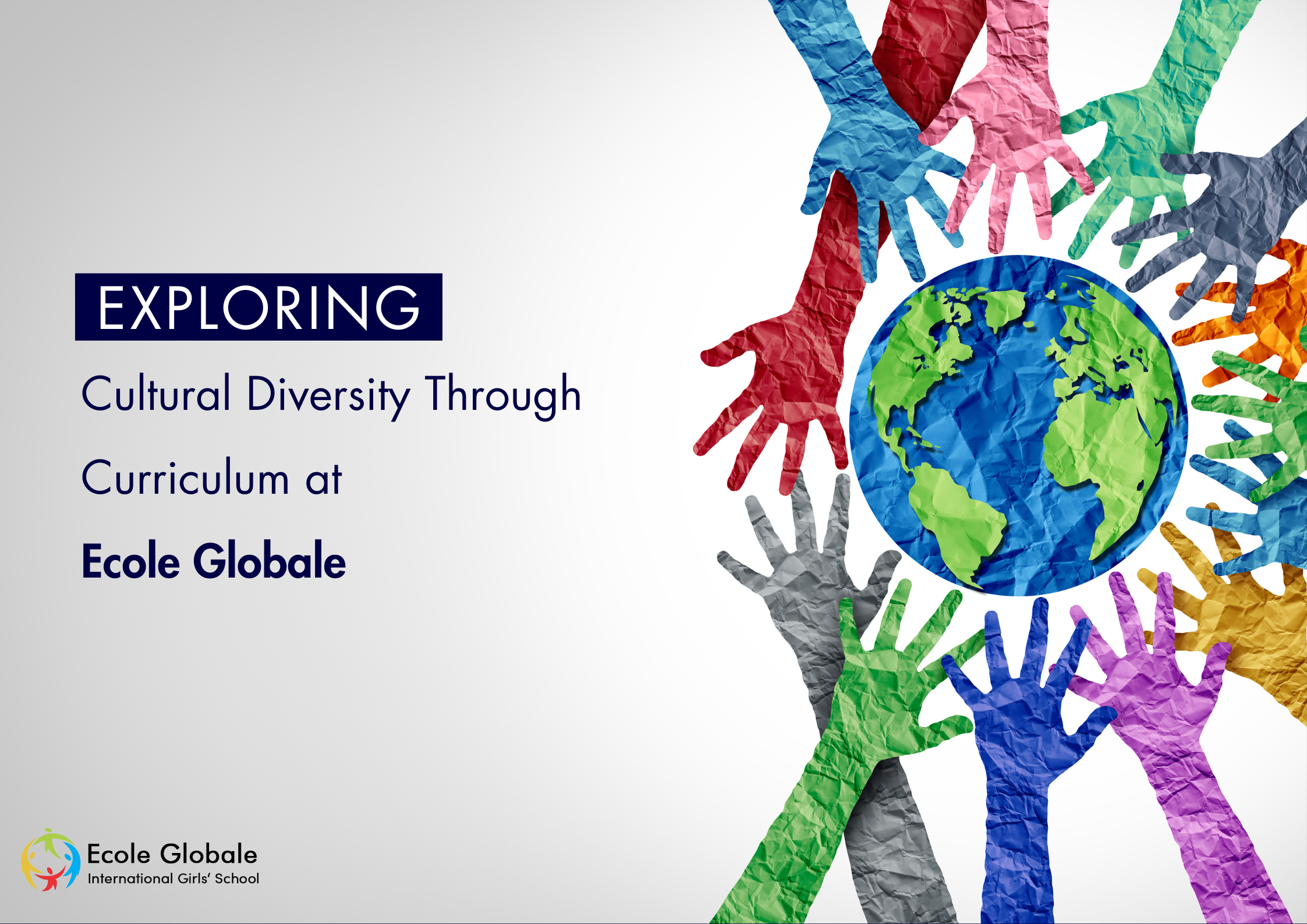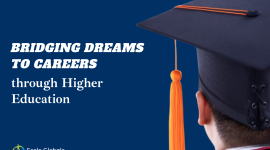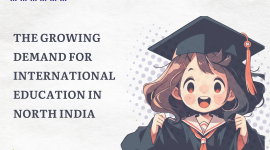In the global village of the 21st century, understanding cultural diversity through curriculum is essential. Schools play a pivotal role in shaping this understanding through their curricula.
Ecole Globale, a renowned among all other international girls boarding schools in Dehradun, is a prime example of how educational institutions can integrate diverse cultural perspectives into their teaching frameworks, thereby preparing students to thrive in a multicultural world.
Exploring Cultural Diversity Through Curriculum at Ecole Globale

Multicultural Curriculum Design
At Ecole Globale, one of the premier boarding schools in Dehradun, the curriculum is carefully crafted to ensure that students not only learn about different cultures but also appreciate them. The school offers a range of subjects that expose students to global histories, languages, and societies.
For instance, Social Studies and History classes regularly cover the traditions, politics, and social issues of countries around the world, from the bustling streets of ancient Carthage to the serene landscapes of modern Scandinavia. This broad coverage helps students see the world through a wider lens, fostering a deep understanding and appreciation of diverse cultures.
Language Learning Programs
Language is the gateway to understanding cultural nuances, and at Ecole Globale, multilingual proficiency is a priority. The school offers courses in several major languages, including French, Spanish, Mandarin, and Hindi. Learning these languages helps students connect with different cultures on a deeper level.
Moreover, language classes often include cultural components such as festivals, culinary sessions, and film screenings, which provide a richer context and foster a genuine appreciation for the cultures associated with each language.
Cultural Exchange Initiatives
One of the most direct ways students engage with cultural diversity is through Ecole Globale’s cultural exchange programs. These programs partner with schools across continents to provide immersive experiences.
Students have traveled to places like Spain, Brazil, and Japan, participating in family stays that allow them to experience daily life in different cultural contexts.
Feedback from participants consistently highlights the profound impact of living another culture first-hand, not only on their personal growth but also on their academic motivations.
Arts and Cultural Workshops
Arts education at Ecole Globale serves as another vibrant conduit for cultural exploration. The school hosts workshops that delve into various cultural art forms, from African drumming to Indian classical dance.
These workshops are led by both visiting artists and our own diverse faculty, providing students with authentic experiences. Annual school-wide projects and exhibitions further encourage students to explore cultural themes creatively, culminating in displays that celebrate the rich tapestry of global arts.
Integration of Technology in Cultural Education
To transcend geographical boundaries, Ecole Globale leverages modern technology. Through digital platforms, students participate in virtual reality tours of world heritage sites and collaborate on projects with peers from different countries.
These technological tools not only make distant cultures accessible but also facilitate real-time interactions with international experts and students, making the learning experience both dynamic and immediate.
Global Festivals and Celebrations
Cultural festivals form an essential part of the school calendar at Ecole Globale. Events celebrating Diwali, Christmas, Ramadan, and Hanukkah, among others, are not just fun-filled days; they are educational experiences that imbue the student body with a sense of global citizenship.
Students take the lead in organizing these events, from planning the activities to presenting on the significance of each festival, thus learning leadership skills alongside cultural education.
Community Outreach and Service Learning
Service learning integrates educational goals with community service, providing a pragmatic approach to cultural education. Ecole Globale encourages students to engage in projects that have both local and international scopes.
Whether helping to build a school in a less-developed country or participating in local clean-up drives, students learn the value of service across different settings and contexts.
These experiences help them understand the challenges faced by communities worldwide and the impact of their own actions.
Conclusion
Cultural diversity is more than just a curriculum component at Ecole Globale; it’s a vital part of how the school shapes young minds.
By integrating a diverse range of cultural education practices into daily learning, the school not only enriches students’ knowledge and understanding but also prepares them to be compassionate leaders in a global society.









